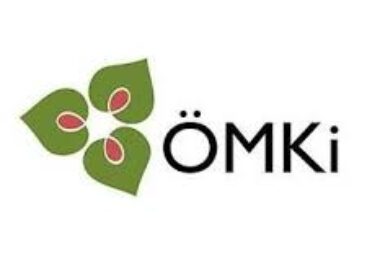Does food become more expensive because it passes through too many hands? – Tamás Éder spoke about supply chains and the illusion of “shortening”
Many people believe that food prices could be cut if products were transported from the farm to the table through fewer actors. The concept of a shorter supply chain is not only attractive from an economic but also from a sustainability perspective: less transportation, a smaller ecological footprint. But does this logic really work in practice? This is what Tamás Éder, president of the Association of Responsible Food Producers, discussed in the latest episode of the Agrárszektor Alapvetés podcast.
96 percent are watching from afar
“Today, we are at a point where 96–98 percent of people in developed societies have no direct connection with either agricultural production or food production,”
– emphasized Tamás Éder. This situation has inevitably led to the development of complex food supply systems, as someone has to produce, process, move, distribute and sell food – day after day, in a predictable manner.
The supply chain may seem overly complicated at first glance – but it actually works very consciously. From the sowing of wheat to the shelf of the bread shop, there is a long way: from the miller who buys the crop to the baker, from the logistics warehouses to the distribution networks to the shops, each actor adds something. And although the intervening links may seem like a lot, according to Éder, they are not unnecessary – on the contrary: without them, the supply would be choppy, more expensive or unpredictable.
“This is a chain with many actors, complicated, but very nicely arranged, optimized and operated by the market,”
said the expert.
Can anyone be left out?
The question is clear: could food be cheaper if we “shortened” this chain somewhere? According to Éder, it is worth being careful with simplifications. Omitting certain actors often does not bring savings, and in fact: if, for example, a producer had to sell directly, do logistics, or store, it could actually increase the price – not reduce it. Moreover, smaller actors cannot provide the volume and stability of supply that industrial actors can.
The discussion also discussed the role that local, artisanal, or small producers could play in the system. According to Éder, they offer an important and valuable alternative, but they cannot replace wholesale food supply. “The supply of an urban population cannot be entrusted exclusively to small producers,” he added. At the same time, direct sales, producer markets, or consumer communities can diversify and strengthen the supply.
Related news
Fighting for survival instead of growth
🎧 Hallgasd a cikket: Lejátszás Szünet Folytatás Leállítás Nyelv: Auto…
Read more >Related news
40 secure jobs, sustainable solutions – new BURGER KING® in Csepel
🎧 Hallgasd a cikket: Lejátszás Szünet Folytatás Leállítás Nyelv: Auto…
Read more >









